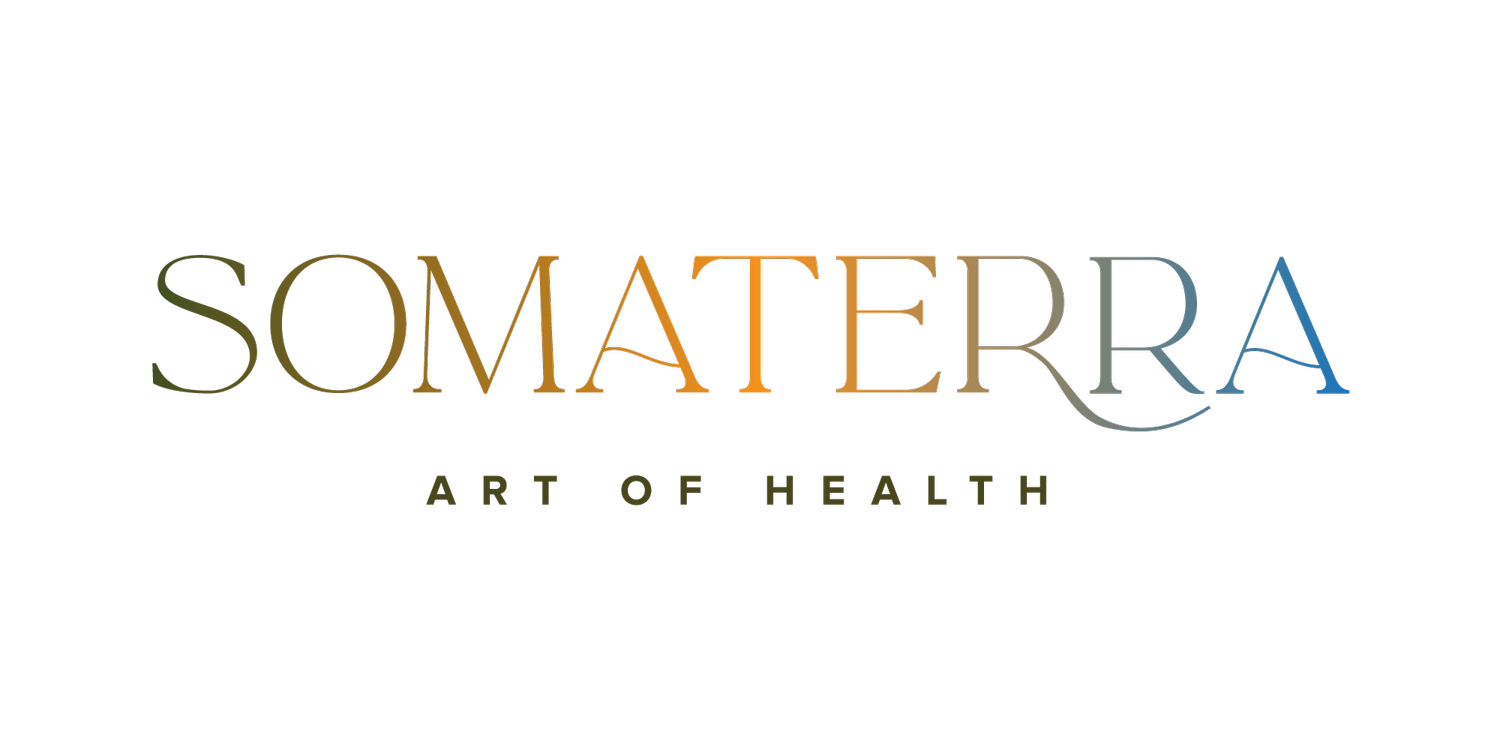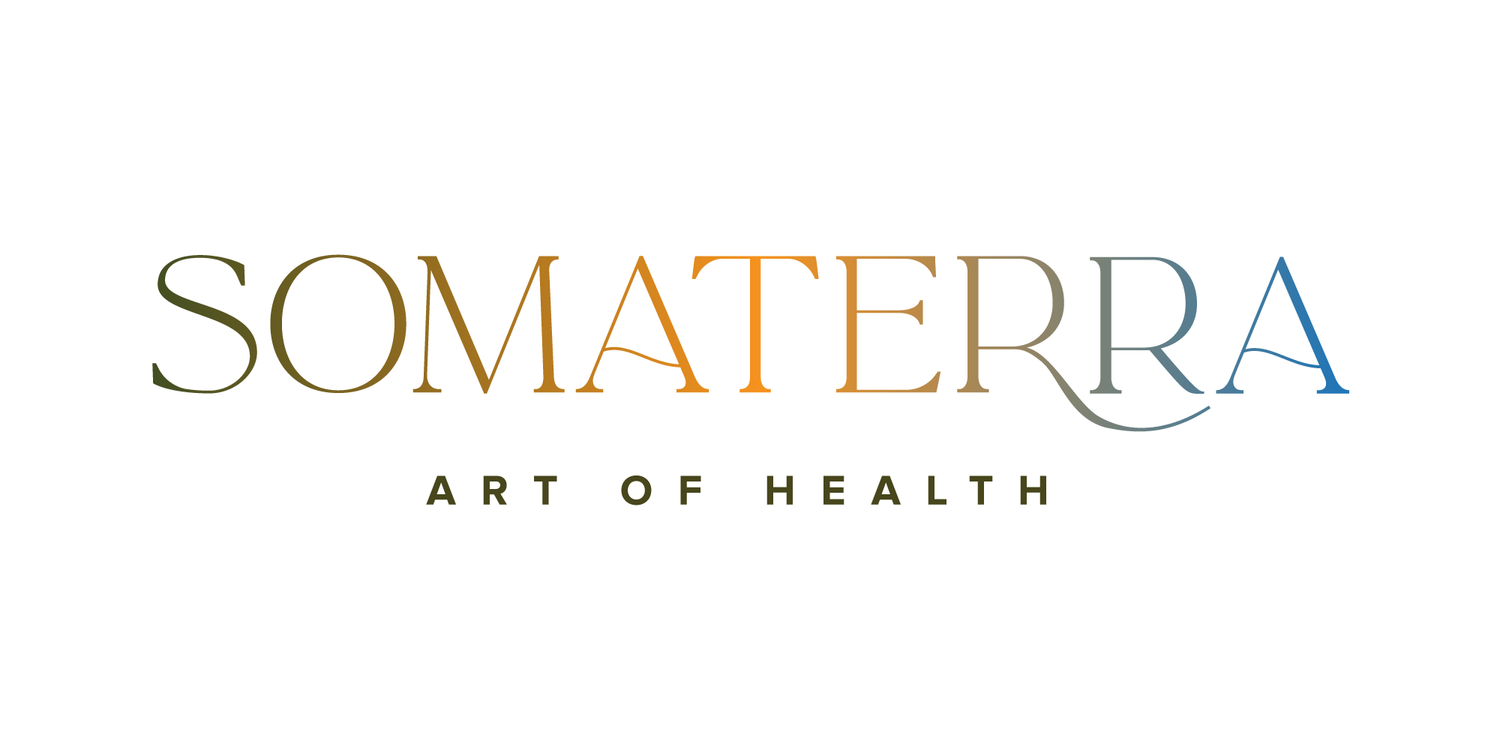From East to West - why this or that?
Reading time :
full article : <2 minutes (500 words)
There are many differences in the social, economic and political systems that influence the medical industry.
This article will focus on the diagnostic and treatment aspects and how they differ between Western and Eastern philosophies.
Western Medicine, or Biomedicine, is very good at diagnosing and isolating disease from the body. The advancement in medical technologies and pharmaceuticals since Modern Medicine's post-industrial revolution emergence (18th Century) continues to save countless lives today. When it comes to emergency medicine or surgeries, this is the medicine that is likely to stabilize your vital signs and save your life. We need Western Medicine, no question about it.
The problem is that it's spoken about as either Western OR Eastern, when it needs to be Western AND Eastern. We need both systems to ensure well rounded health care for all individuals.
Have you ever heard of Occam's Razor?
Western Medicine tends towards reductionism. The principle of parsimony, or Occam's Razor, means that any observed phenomenon with a simple explanation or with the fewest assumptions is favored over one that requires complex explanation. This concept is much applied in Biomedicine today.
When applying this model to the human body, medical issues are reduced to physical explanations and prescribed a physical solution. This can be beneficial at times and less helpful at others. Circumstances such as emergency surgery or several neurological treatments (etc) rely heavily on these types of physical specialization skills.
The downside to this framework is that Biomedicine does not consider anything that doesn’t fit the paradigm of physical reductionism. This model makes it impossible to hold both the physical and non-physical essences of what it means to be human.
Is your body made up of parts and pieces like a well-oiled machine?
Or is it comprised of cooperative systems as seen in a well-nurtured garden?
With nearly 5,000 years history, Eastern Medicine takes a completely different approach. It is necessary to consider all of the layers in our lives that influence health because health is an overall balanced state of being rather than simply absence of disease. These layers include not only your physical, mental, emotional and spiritual well-being, but also any structural imbalances, nutritional deficiencies, hormonal imbalances, and nervous system interferences.
Health requires consideration for the entire human being, not just the symptom manifestation. The overall quality of your internal and external environments is important to determine the right therapeutic action. The ability to adapt to the environment (inside and out) is what shapes the quality of health.
Shifting the intention from sick-care to health-care requires that Western Medicine and Eastern Medicine work together to provide cohesive, complimentary, integrative services. This prevention, maintenance, and acute-care patient-centered focus should be the gold-standard.
Western medicine enforces changes to the internal environment to get rid of disease.
Eastern Medicine adapts, interacts and engages in environment cultivation for sustainable health and well-being.
An ideal yin-yang pair!
If you are interested to work with Chinese Medicine to cultivate conditions for health, contact me :)

